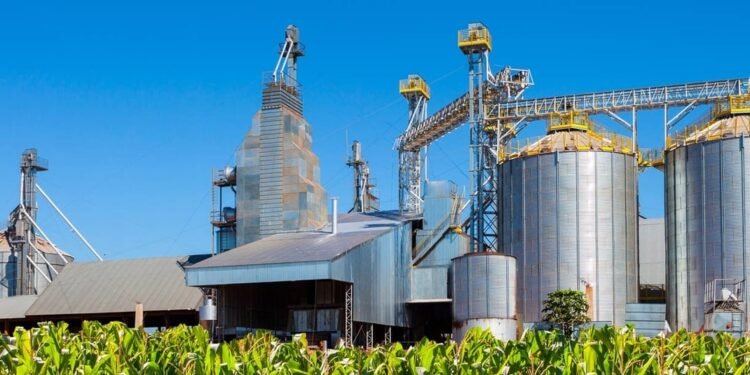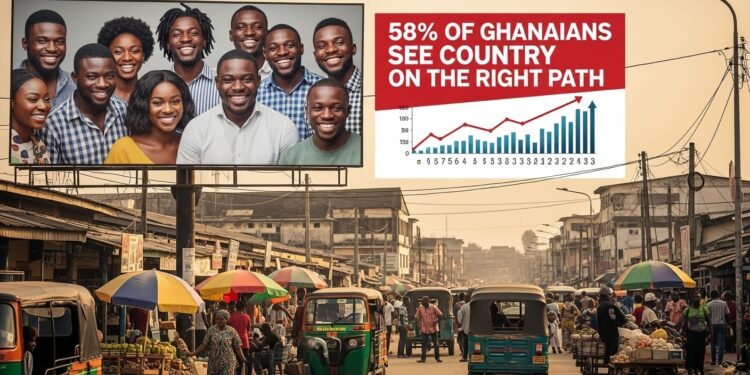The Minority in Parliament has launched a scathing attack on the government’s newly announced cocoa producer price of GHS 3,228.75 per 64kg bag, describing it as a betrayal of Ghanaian farmers and warning of dire consequences for the future of the cocoa sector.
At a press briefing, the caucus branded the price as unfair to the ordinary cocoa farmer, and insisted that the government acts to remedy the situation in the interest of all stakeholders on the ground.
The new price represents a 62.58% increase in the dollar-denominated per-tonne value from US$3,100 to US$5,040. In Ghana cedis, the movement is from GHS 49,600 to GHS 51,660 per tonne.
This adjustment was recommended and approved by the Producer Price Review Committee, chaired by Finance Minister Dr. Cassiel Ato Forson, and is expected to take effect on Thursday, August 7, 2025.
Addressing the media, the Ranking Member on Parliament’s Food and Agriculture Committee, and the Member of Parliament for Offinso South, Hon. Dr. Isaac Yaw Opoku, rejected the price outright, stating that it fails to reflect the realities facing cocoa farmers on the ground.

“This new farm gate price of GHS 3,228.75 per bag is ridiculous, laughable, comical, absurd, shameful, unfair and a stab in the back of cocoa farmers. This is complete ‘sakawa’ and unacceptable”
Hon. Dr. Isaac Yaw Opoku, Ranking Member on Parliament’s Food and Agriculture Committee
He described the announcement as deceptive and accused the government of making a mockery of farmers’ sacrifices, saying the livelihoods of those who uphold Ghana’s global cocoa reputation should not be toyed with for political convenience.
Galamsey Threat
According to the Minority, the pricing decision not only demoralises farmers but could trigger a devastating chain of events leading to further land degradation and the decline of Ghana’s cocoa dominance.
Hon. Dr. Opoku warned that poorly remunerated cocoa farmers may choose to lease their farms to illegal miners, thereby aggravating the galamsey crisis already plaguing rural communities.

“This new price of GHS 3,228.75 per bag is completely unacceptable and has to be reviewed immediately to motivate our cocoa farmers”
Hon. Dr. Isaac Yaw Opoku, Ranking Member on Parliament’s Food and Agriculture Committee
The caucus warned that such a scenario could severely undermine Ghana’s standing in the global cocoa market, posing long-term economic and environmental risks.
The Minority’s statement also questioned the credibility of the pricing process, claiming that the government was once again taking the cocoa farming community for granted. Dr. Opoku asserted that farmers’ concerns had been repeatedly ignored despite their immense contribution to national revenue.
“Cocoa farmers deserve far better for their toil and sacrifices for their enormous contribution to the economy of the country,” he declared.
Call to Action
He further called on the government to return to the drawing board and present a revised price that offers dignity and motivation to farmers.

Emphasising the urgency of the matter, Dr. Opoku underscored the risks of inaction, stating that a fair price was not just a matter of economics but of national survival.
“We must safeguard our cocoa industry, protect our farmers’ livelihoods and maintain Ghana’s enviable position in the industry – Cocoa farmers matter and demand better!! If you cannot spell, you do not write”
Hon. Dr. Isaac Yaw Opoku, Ranking Member on Parliament’s Food and Agriculture Committee
With the new price set to take effect in less than 48 hours, the Minority’s intervention throws additional pressure on the government to re-engage stakeholders.
The stark language used at the press briefing indicates that the issue may escalate further in Parliament, where the opposition has vowed to fight for what they describe as the dignity and survival of Ghana’s cocoa farmers.
The Ministry of Finance and the Ghana Cocoa Board (COCOBOD), both represented on the pricing committee, have not publicly responded to the Minority’s objections.
However, with farmer unions and civil society also beginning to weigh in, the government may face increasing resistance to the implementation of the new price.
READ ALSO: Ghana Launches rCOMSDEP Initiative to Reform Small-Scale Mining























